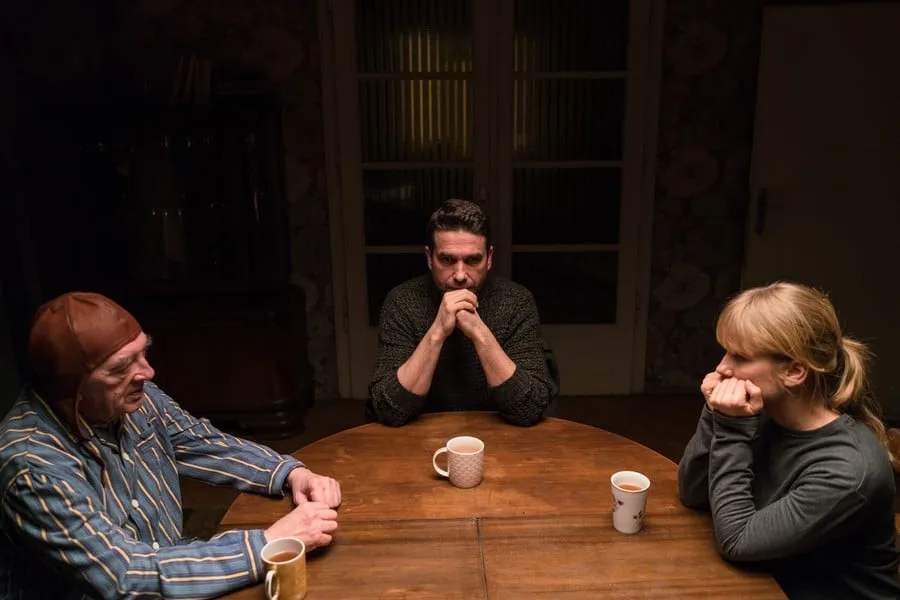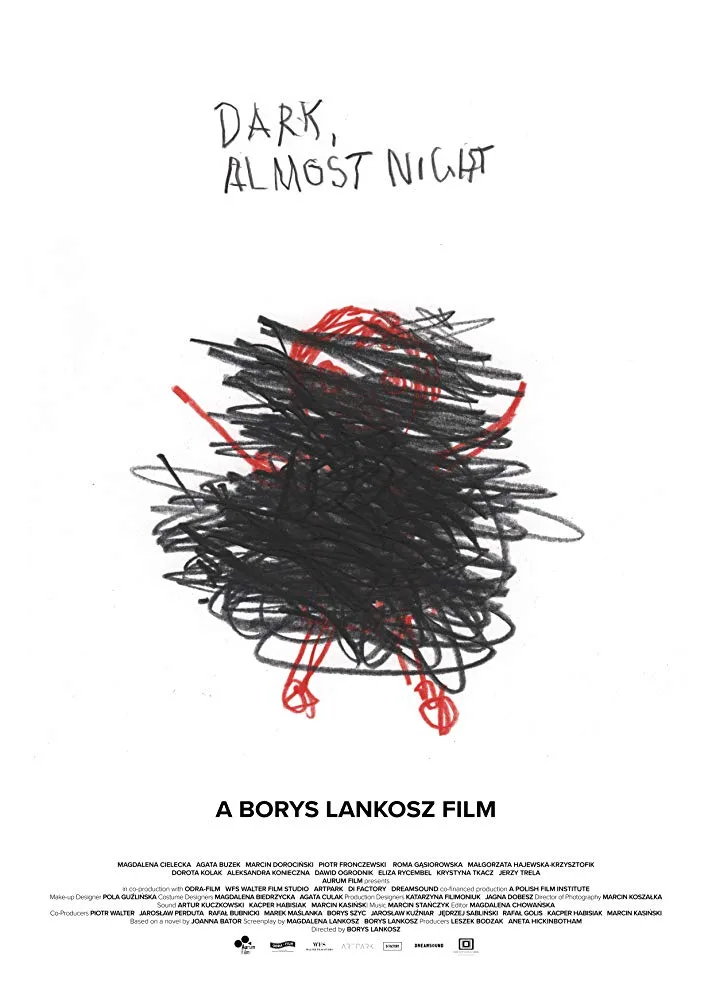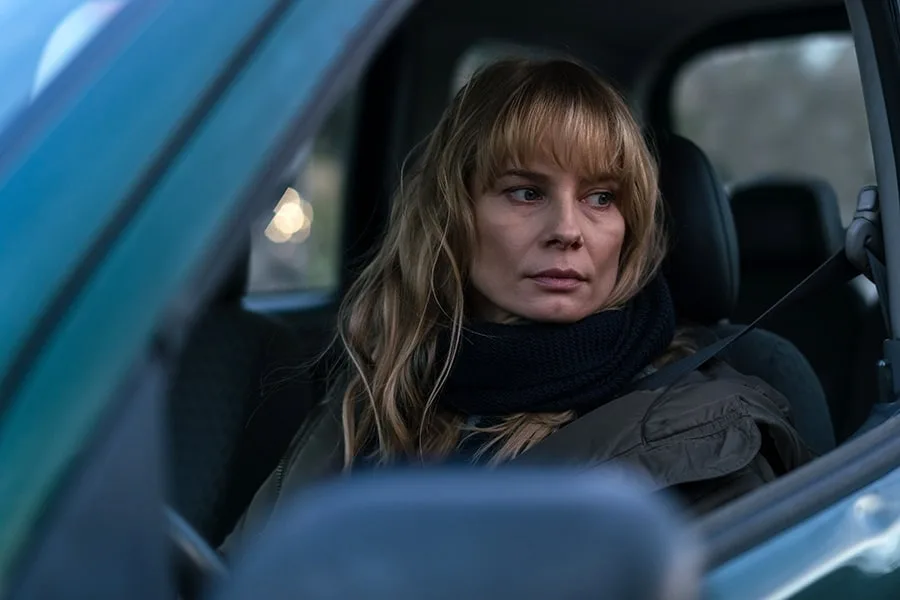
Winter in Poland. A woman is taking the train from Warsaw back to her dilapidated home town, a part of the world evidently undergoing a spate of child disappearances, given the newspapers and news bulletins we soon encounter. This is Alicja (Magdalena Cielecka), a journalist, who has chosen to return to her old home in order to write about these cases. However, being back in the old family home, now otherwise deserted, evidently raises a few spectres for her; Alicja begins to dream about buried childhood memories, recalling her older sister and her father’s obsession with finding a hidden treasure of sorts – described as a long string of pearls belonging to ‘Duchess Daisy’. As the story unfolds, it transpires that this Duchess Daisy links the fates of several of the townspeople. At this moment in time for Alicja, however, it is simply a memory associated with deep unease.
Still, she has a job to do, and so Alicja begins questioning the families of the missing children. But, whilst she may have been from this neck of the woods originally, she’s very much at a loss at how to engage with the people she meets – her interview subjects, or anyone else for that matter. Not that we should blame her; in some key respects Dark, Almost Night approaches horror or fantasy, and the depictions of the townspeople fall under that category. These people are almost caricatures of oddness, ominously overblown, speaking in riddles and – as with the folk horror genre in particular – all clearly guarding aspects of some secret not to be shared with de facto outsiders. Alicja continues in her task, but things continue to thwart and perplex her.
Before long, someone seems to be terrorising Alicja at the old family home as she works; as she begins to untangle some of the family mysteries present around her (and involving her), links back to the fabled treasure and to those associated with it keep coming up; this leads her to re-examine her own childhood memories at last, forging a series of unenviable links between her town, her home and a wider pattern of child abuse and trauma.
There is a great deal to recommend here. Firstly, the film is intensely menacing, almost from the very opening frames. In no small part, this is due to the phenomenal sound design; nearly every frame is overlaid with a brooding, all-encompassing soundtrack and it’s comparatively rare for a scene to be accompanied only by naturalistic sounds, which somehow underlines the remoteness and silence of the town itself. The wintry setting and the location underlines these dark atmospherics, creating an impression of want, isolation and unhappy people. However, alongside these sound decisions are some very strange ones.
Tonally, the film shifts around rather uncomfortably, with disturbing, unusually graphic depictions of child abuse (good luck getting those past the BBFC if this ever gets a general release in the UK) and domestic violence sitting next to absurd, or otherwise lighter scenes which makes the most gruelling inclusions feel somehow glossed over in some aspects, as if they are moved through quickly and then simply shifted aside for something else. The timing of a fairly random (consensual) sex scene is particularly gauche, for instance. I couldn’t help but wonder if this is intended in some respects to be Poland’s answer to A Serbian Film: it shares some of the same features of allegory (or alleged allegory), the same unflinching eye for sexual violence against women and children, and a desire to display Poland as an impoverished, incestuous, ugly tangle of miserable families and suppressed grief. Certainly, the shock value is there.

So Dark, Almost Night is something of a dilemma. On one hand, its cinematography is superb, and in terms of aesthetics and sound design, this is an artistic and thoughtful project in many respects. The performances given, even when these seem to demand overstated words and deeds, are overall very good too, and even as several ‘reveals’ occur, Magdalena Cielecka successfully strikes the balance between emotion and reason. However, the film’s subject matter is taboo for good call, and in many respects the film takes quite a strange, cavalier approach to it which won’t rest easy with many modern audiences: moving candidly, unflinchingly but brusquely through such things has a peremptory feel which rested uneasily with me, I will admit. However, should you want your expectations challenged, then Dark, Almost Night will certainly do it.
Dark, Almost Night will screen as part of the Raindance Film Festival on Sunday, 22nd September. For further details, please click here.
